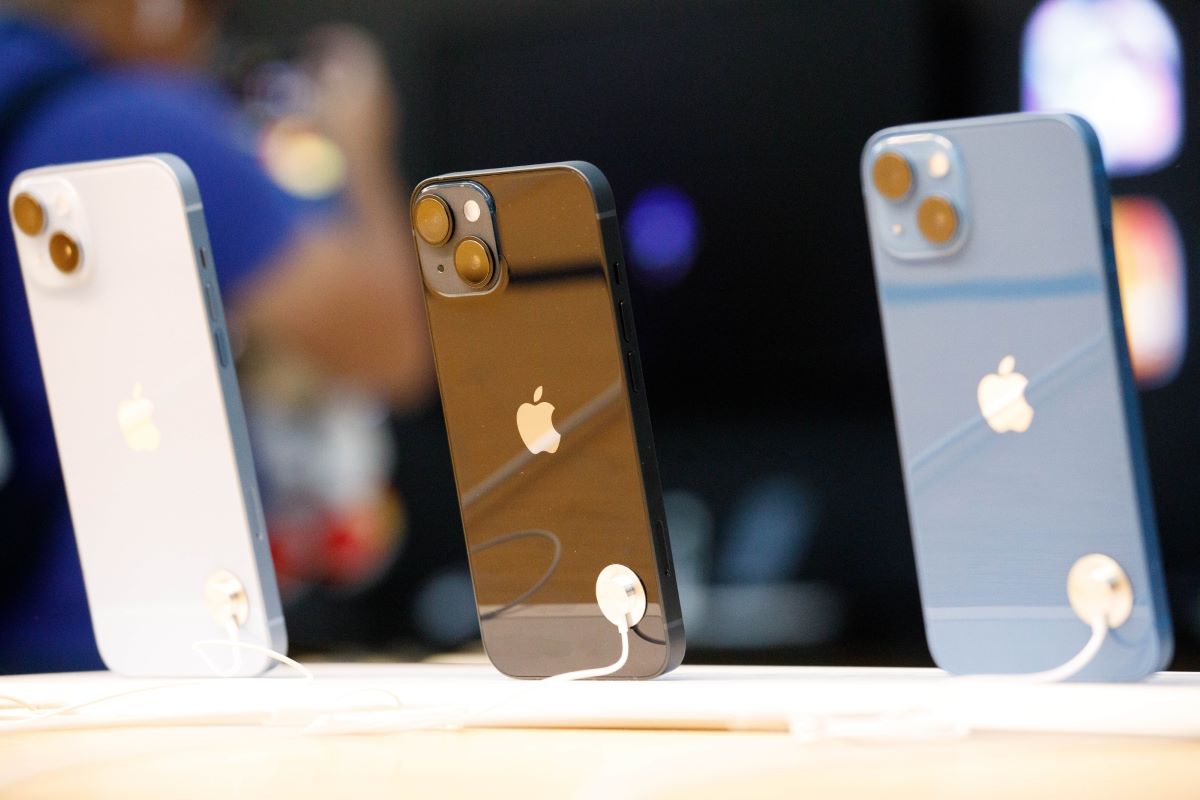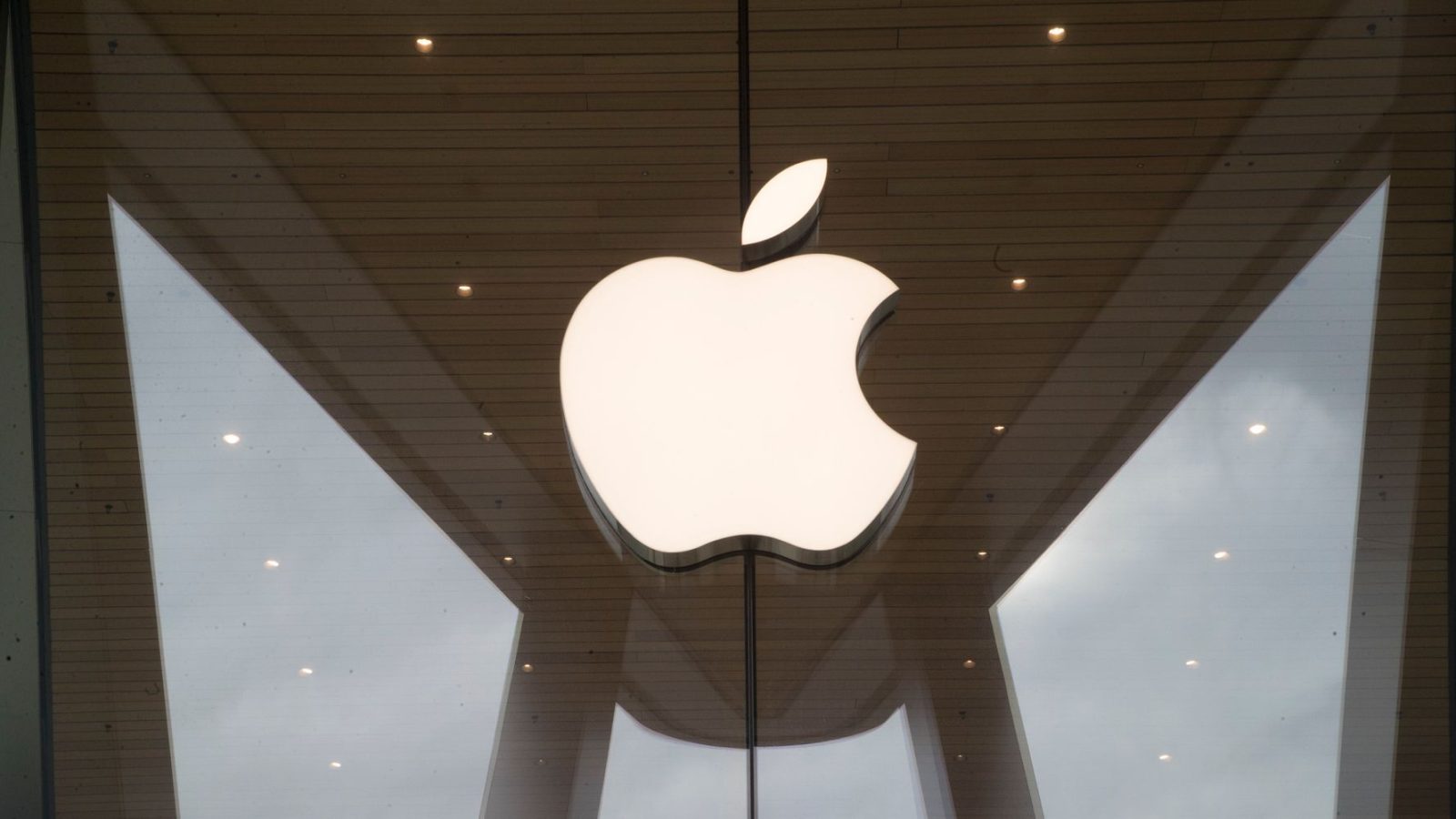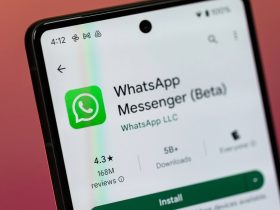Your iPhone safeguards your privacy—from everyone except Apple, it seems. On Wednesday, France’s data protection authority, CNIL, imposed a fine of €8 million (approximately $8.5 million) on Apple for unlawfully collecting data from iPhone users for targeted advertising without obtaining proper consent.
This penalty is atypical for Apple, which has generally faced fewer legal repercussions over privacy issues compared to its Big Tech peers.
Apple promotes privacy as a key feature of its devices, prominently advertising “Privacy. That’s iPhone.” on large billboards around the world.
However, this recent French fine adds to a mounting body of evidence suggesting that Apple may not be the privacy advocate it portrays itself as.
The CNIL’s statement highlighted that Apple failed to “obtain the consent of French iPhone users (iOS 14.6 version) before depositing and/or writing identifiers used for advertising purposes on their terminals.”
The fine specifically targets search ads within Apple’s App Store. In December, a French court had already fined Apple over $1 million for its commercial practices related to the App Store.
“We are disappointed with this decision given the CNIL has previously recognized that how we serve search ads in the App Store prioritizes user privacy, and we will appeal,” stated an Apple spokesperson.
“Apple Search Ads goes further than any other digital advertising platform we are aware of by providing users with a clear choice as to whether or not they would like personalized ads.”
Though Apple may not be immediately associated with advertising, its role in this field might become more prominent soon. According to analytics firm Insider Intelligence, Apple’s advertising business is expected to generate around $5.4 billion this year.
Apple displays ads across various services, including the App Store, and there are reports that the company is negotiating to introduce ads on Apple TV. This advertising sector is poised for significant growth.
After undermining Facebook’s advertising network with a robust iPhone privacy feature in 2021, Apple is well-positioned to expand its emerging ad business.
Many of Apple’s ads are targeted, akin to those from competitors the company often criticizes. Apple presents these targeted ads and gathers the relevant data with user consent. However, this is where Apple faced issues with the French authorities.

For iPhones running iOS 14.6 and earlier, Apple’s Personalized Advertising privacy setting was enabled by default, requiring users to actively find and change this setting if they wished to protect their data.
According to the CNIL, this practice breaches EU privacy laws, specifically the ePrivacy Directive of 2002, rather than the more widely recognized GDPR.
Newer iPhone operating system versions have addressed this issue by prompting users before collecting advertising data.
“Apple has finally been caught red-handed: the same companies that have been telling us how their products and services are forerunners in terms of data protection are blithely violating the applicable law,” commented Nicolas Rieul, president of Alliance Digitale, a French digital marketing trade group.
“This is a real problem misleading and deceptive advertising on a larger scale, which we invite the French authorities to address.”
As Apple expands its advertising operations, it is coming under increased scrutiny for its privacy practices. A recent investigation revealed that Apple collects analytics data even when the company’s own analytics privacy setting is disabled.
Apple is facing a class action lawsuit over this issue, and Alliance Digitale’s Rieul informed that his organization is urging the CNIL to take further regulatory action.
For a company earning billions annually from advertising and having once lost $1 trillion in market value last year—making it the second company in history to do so—an €8 million fine is relatively minor.
The fine could have been larger, but the fact that Apple’s European headquarters are in Ireland rather than France provided the CNIL with a smaller target for enforcement.
Nevertheless, this fine signals a potentially tougher regulatory space for Apple in Europe. The company is also under investigation by commercial authorities for anti-competitive practices and is being compelled to replace its proprietary charging cable with USB-C ports.







Leave a Reply